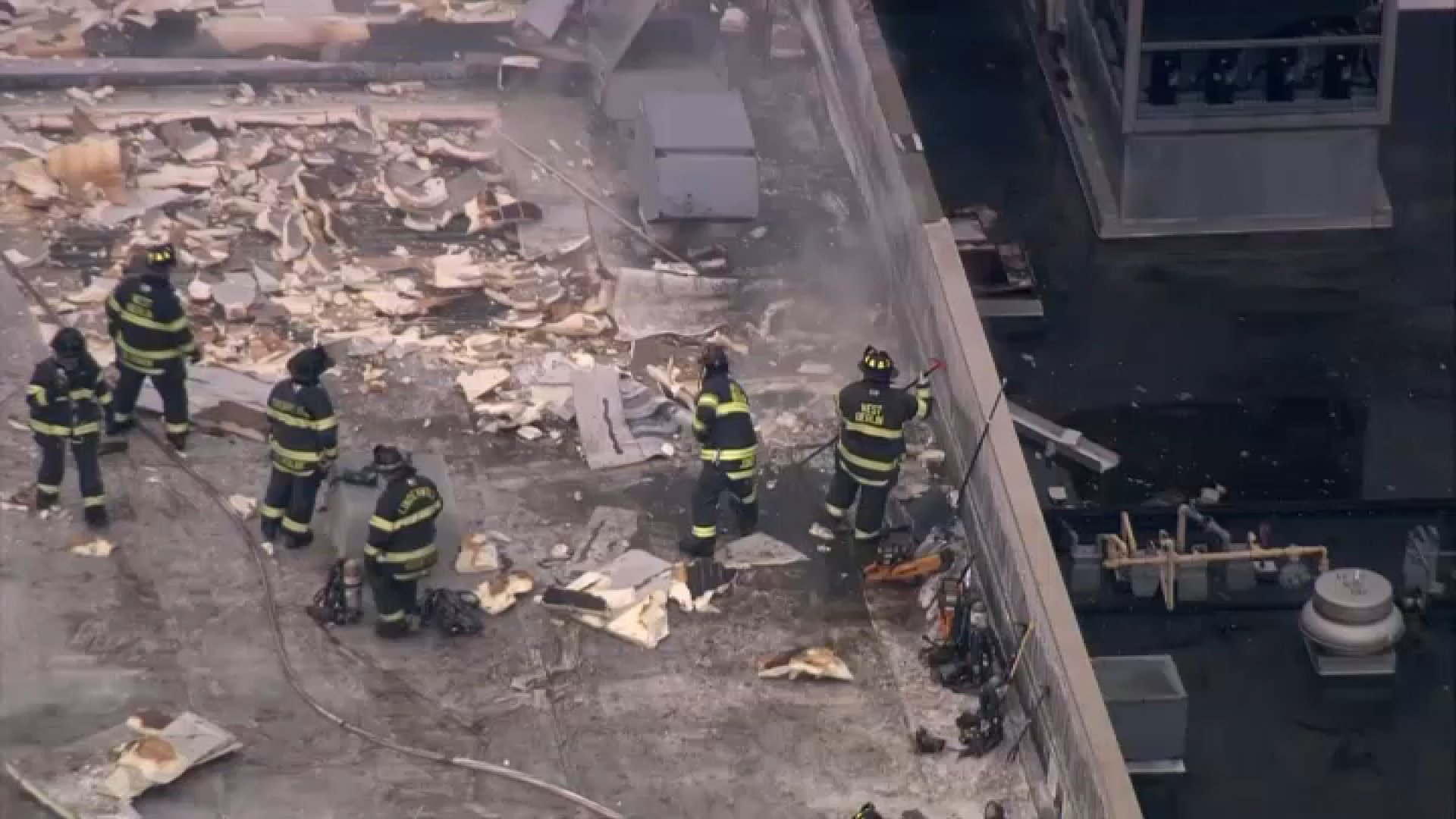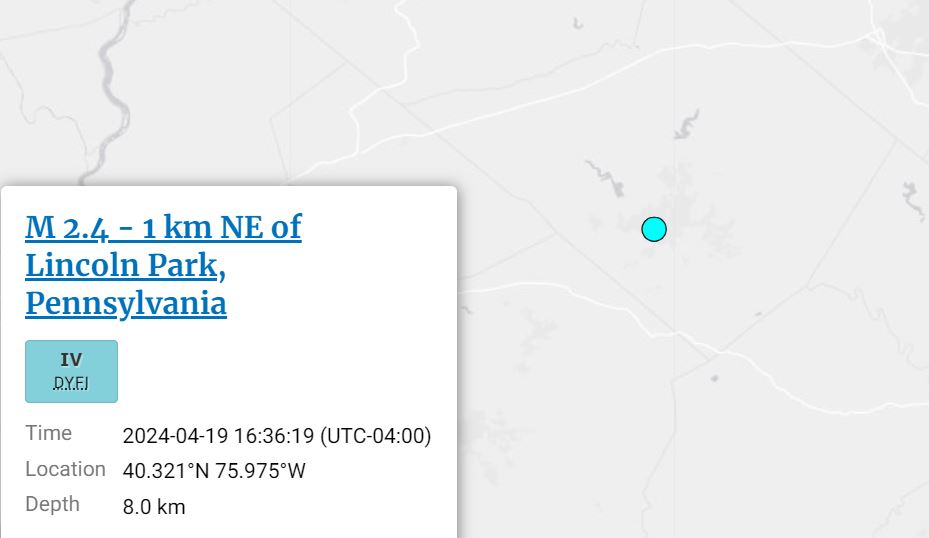The phone warning — equipped with the odd sound and strong vibration — is becoming all too familiar: "FLASH FLOOD EMERGENCY in this area."
The threat became a reality for people driving in the Pennsylvania towns of Birdsboro, Gilbertsville and Boyertown during torrential rains Thursday night.
"You would normally think that the big threat in this area would be tornadoes," NBC10 First Alert Weather Meteorologist Glenn "Hurricane" Schwartz said. "Really, flooding is probably the greatest threat, and people underestimate the power of water."
The last person who died in this area to a tornado was 25 years ago, Schwartz said. On Thursday, three people in Pennsylvania died as a result of flash floods, including a pregnant mother and her child.
Six inches of moving water can knock over an adult, and a foot of rushing water can carry away most vehicles, according to the National Weather Service.
"If the water’s deep enough and lifts up the vehicle, there’s nothing you can do,” Schwartz said. “You’re at the mercy of the water.”
So, what do you do if you're caught in a flash flood while driving?
Local
Breaking news and the stories that matter to your neighborhood.
The best way to protect yourself from a flash flood is to turn around and drive away from the flooded area.
"There’s a reason for the slogan 'Turn Around. Don’t Drown,'" Schwartz said.
If you are already caught in a flooded area while driving, here's what you should do:
Call 911.
Make sure to alert first responders of where you are stranded so that they can help you.
Roll your car window down immediately once water rises.
Climbing through the window will be your only way out of the car.
Get on the roof of the vehicle.
This will keep you from drowning in a flooded car, and it will also help rescuers find you.
Stay low on the roof and hang on.
This will help you stay stable on top of the vehicle.
Last year was the second-wettest year on record in the Philadelphia area, and we are already 10 inches over the average rainfall in this area, according to Schwartz.
"That is a tremendous amount above average,” he said.
He believes that if this keeps up, this year will be the wettest on record.
"We’re in an era where there’s going to be more floods as the climate warms and there’s more moisture,” Schwartz said.
This means that any individual storm can produce more rain and be more severe and frequent.
"We have to get smarter about it and take it more seriously,” he said.



